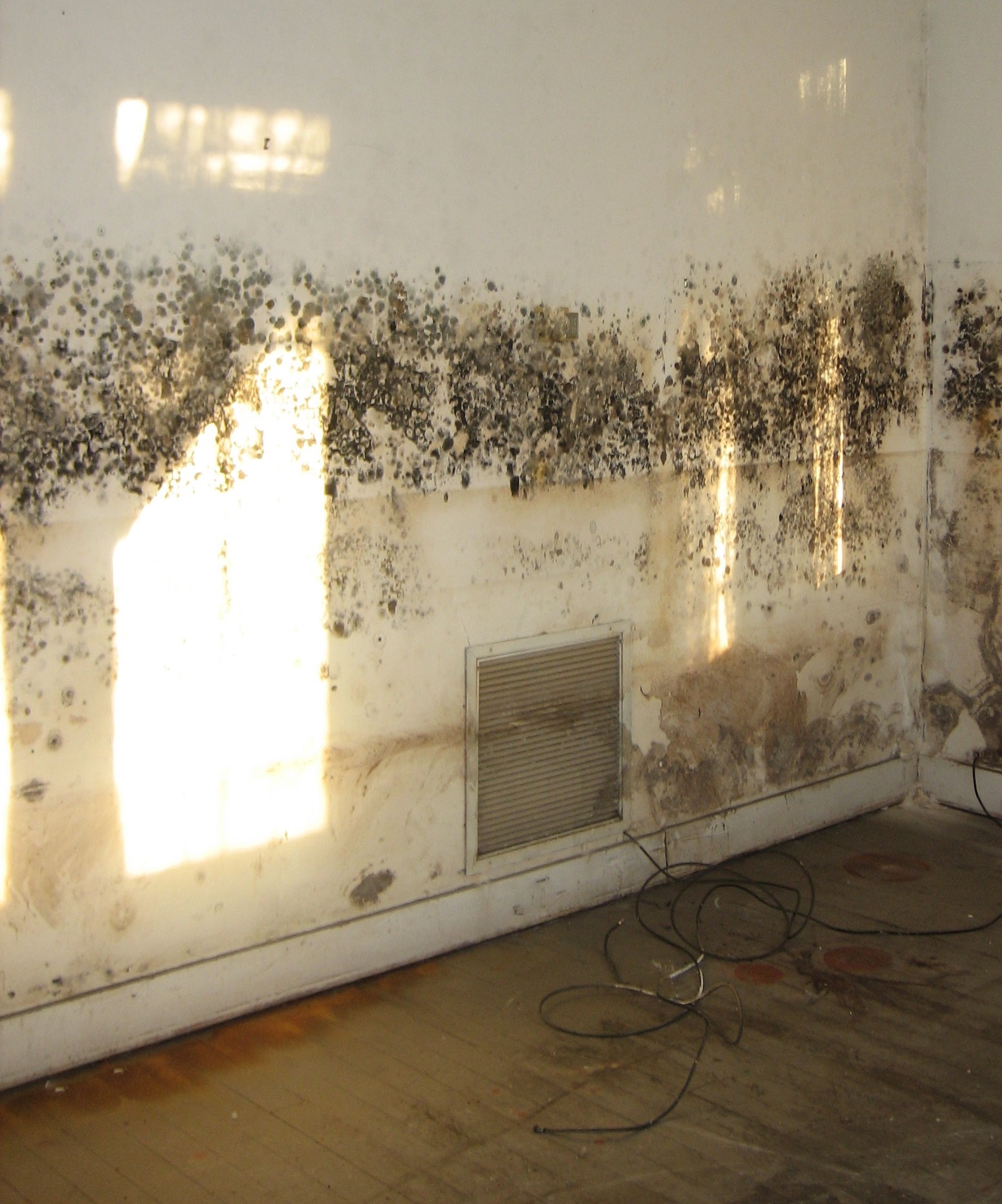Tenant Compensation for Housing Disrepair in the UK: What You Need to Know

Strong 8k brings an ultra-HD IPTV experience to your living room and your pocket.
Living in a rental home that falls into disrepair can be stressful, unhealthy, and even dangerous. In the UK, tenants have legal rights that protect them from negligent landlords, and one of those rights includes the ability to claim compensation for unaddressed housing issues.
If you’ve been dealing with leaks, damp, mould, or a broken heating system and your landlord hasn’t acted, this guide explains how tenant compensation works—and what steps you should take next.
What Counts as Housing Disrepair?
Housing disrepair refers to any damage or defect in your rental home that affects your safety, comfort, or health. Common examples include:
Mould and damp caused by poor ventilation or leaks
Faulty heating and hot water systems
Structural issues such as cracks or damaged roofs
Broken windows or doors that compromise security
Unsafe electrics or plumbing
Your landlord is legally responsible for repairing these issues once notified.
When Can Tenants Claim Compensation?
You may be eligible for compensation if:
You've reported the disrepair to your landlord in writing
The landlord failed to respond or fix the issue in a reasonable time
The disrepair has caused inconvenience, health issues, or damage to belongings
Compensation is often awarded based on the severity of the problem, how long it was left unresolved, and the impact it had on your daily life.
For example, a tenant who lived without heating during the winter due to a faulty boiler might receive a percentage of their rent refunded for that period, alongside additional compensation for stress or illness.
What Can You Claim For?
Tenant compensation can cover various aspects, including:
General inconvenience and discomfort
Damage to personal belongings (furniture, clothing, electronics)
Health impacts, especially respiratory issues from mould
Additional expenses, such as increased heating bills
Loss of enjoyment or use of parts of the property
How to Strengthen Your Claim
To support your claim effectively:
Keep written communication with your landlord about reported issues
Take photographs of the damage with timestamps
Collect medical records if your health was affected
Keep receipts for any related expenses
Tenant Compensation for Housing Disrepair in the UK: What You Need to Know
Living in a rental home that falls into disrepair can be stressful, unhealthy, and even dangerous. In the UK, tenants have legal rights that protect them from negligent landlords, and one of those rights includes the ability to claim compensation for unaddressed housing issues.
If you’ve been dealing with leaks, damp, mould, or a broken heating system and your landlord hasn’t acted, this guide explains how tenant compensation works—and what steps you should take next.
What Counts as Housing Disrepair?
Housing disrepair refers to any damage or defect in your rental home that affects your safety, comfort, or health. Common examples include:
Mould and damp caused by poor ventilation or leaks
Faulty heating and hot water systems
Structural issues such as cracks or damaged roofs
Broken windows or doors that compromise security
Unsafe electrics or plumbing
Your landlord is legally responsible for repairing these issues once notified.
When Can Tenants Claim Compensation?
You may be eligible for compensation if:
You've reported the disrepair to your landlord in writing
The landlord failed to respond or fix the issue in a reasonable time
The disrepair has caused inconvenience, health issues, or damage to belongings
Compensation is often awarded based on the severity of the problem, how long it was left unresolved, and the impact it had on your daily life.
For example, a tenant who lived without heating during the winter due to a faulty boiler might receive a percentage of their rent refunded for that period, alongside additional compensation for stress or illness.
What Can You Claim For?
Tenant compensation can cover various aspects, including:
General inconvenience and discomfort
Damage to personal belongings (furniture, clothing, electronics)
Health impacts, especially respiratory issues from mould
Additional expenses, such as increased heating bills
Loss of enjoyment or use of parts of the property
How to Strengthen Your Claim
To support your claim effectively:
Keep written communication with your landlord about reported issues
Take photographs of the damage with timestamps
Collect medical records if your health was affected
Keep receipts for any related expenses
Track the timeline—when you reported the issue and what followed
Understanding your rights is essential before starting any legal action. If you're unsure where to begin, there are several in-depth resources explaining how to pursue a housing disrepair claim against your landlord that walk you through the legal steps in plain English.
Taking Action: How to Start a Claim
If your landlord continues to delay repairs or refuses to take responsibility, you may need to take legal action. The first step is to seek advice from housing disrepair specialists or a legal team that handles such cases.
The process typically involves:
Filing a claim for compensation
Providing supporting evidence
Allowing a legal expert to negotiate or pursue action on your behalf
You don't need to figure it all out alone—guides that explain how to file a housing disrepair claim and get justice are widely available and very helpful to tenants in your situation.
No Win, No Fee: A Safer Way to Claim
Many law firms that specialise in housing disrepair cases offer no win, no fee agreements. This means you won’t have to pay anything upfront. If your case is successful, the fee is usually taken from the awarded compensation—not out of your pocket.
To explore your legal rights further and understand the compensation process clearly, it's useful to read through articles detailing how to pursue a housing disrepair claim and what qualifies as a strong case.
Why Timing Matters
The longer you live with unresolved disrepair, the more challenging your situation may become. Apart from increasing damage and risk to health, delays can complicate legal claims. Acting early helps strengthen your case and prevent more serious outcomes.
For those uncertain about what to expect in terms of compensation, learning about housing disrepair claims and compensation breakdowns can offer clarity and prepare you for the process ahead.
Final Thoughts
Claiming compensation for housing disrepair in the UK is not about taking unfair advantage—it’s about holding landlords accountable for their legal duties. As a tenant, you have the right to live in a safe, well-maintained home. If your landlord fails to provide that, compensation is often the only just outcome.
Taking the right steps, knowing your rights, and documenting everything are key. If you're unsure where to begin, there are professionals ready to guide you through the process, ensuring your case is handled properly and fairly.
Note: IndiBlogHub features both user-submitted and editorial content. We do not verify third-party contributions. Read our Disclaimer and Privacy Policyfor details.


